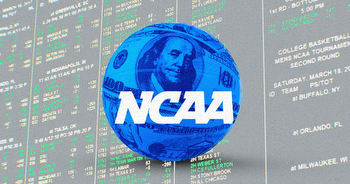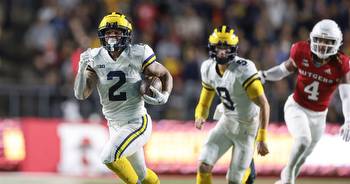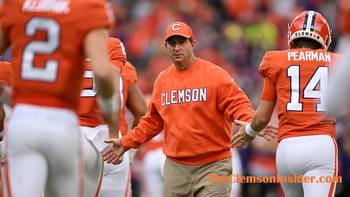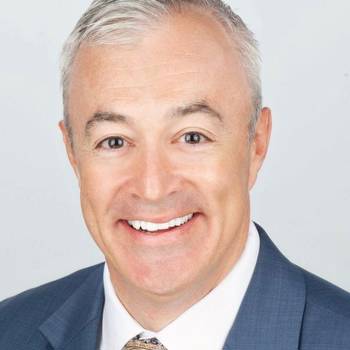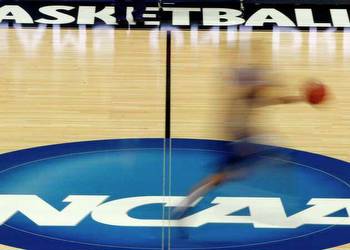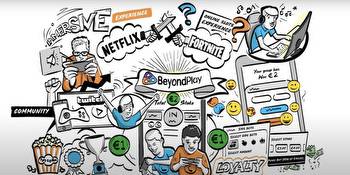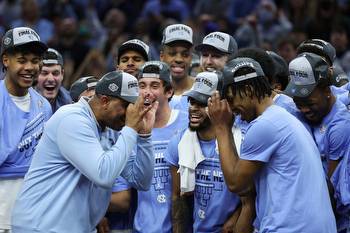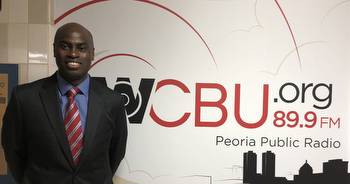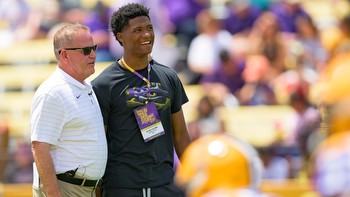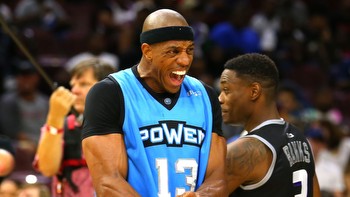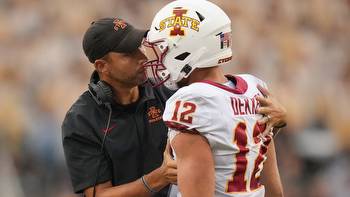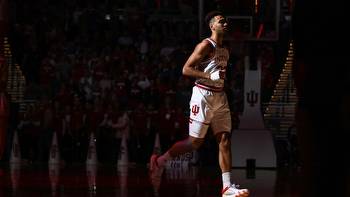NIL Summit a glimpse into the present and future of college athletes' opportunities
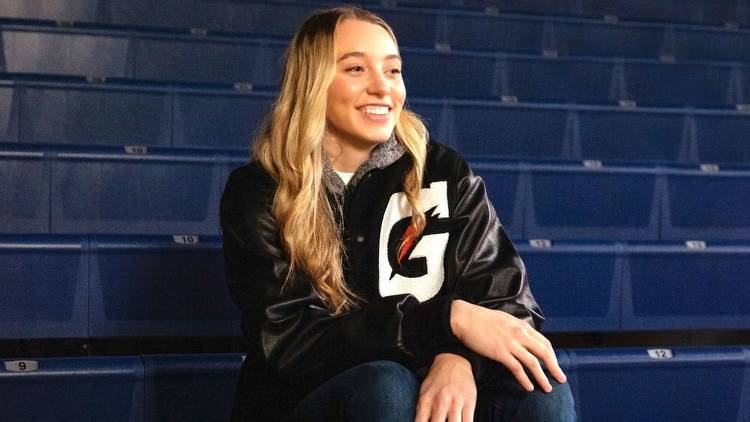
It's been a year since legislation allowing college athletes to profit from their name, image and likeness (NIL) was passed. There have been many controversies since then, but the NIL Summit at the College Football Hall of Fame this week was a respite from the recent headlines. Here, Meta talked about investing in college students as content creators, Paul Levesque announced partnerships with current college sports stars and Will Levis exchanged Nil advice with Division III women's basketball players.
Meta wants to talk to athletes about how to use its social media apps to build their brands. Many of the athletes who attended the NIL Summit had inked Nil deals with local companies. The WWE is betting that some of these small bets will pay out big down the road. Some of them are more controversial than others. The NIl rules were intended to promote the development of lesser-known athletes.
NIL Summit offers a glimpse into the present and future of college athletes' opportunities. There is no centralized database of NIL deals. Some athletes have found deals into seven figures, but that's incredibly rare. The median return for a social media post might be as little as $20.
The majority of NIL deals for athletes came from cold-calling businesses or hustling. Many of the facilities at Nil schools don't offer basic life skills. Some schools are handicapped by state laws restricting their ability to assist athletes. Other schools lack the appropriate resources to help. Competition in the NIl space will force schools to adapt. In an ideal world, it will include athletes as partners in developing support systems.
NIL Summit focused on branding and marketing. NIL collectives are groups of boosters and fans who contribute to a fund aimed at providing NILS opportunities to athletes. Collectives have come under scrutiny due to lack of regulation and rumors of inducements to recruits and transfers. Agents and attorneys involved in the Nil space say collective run the gamut from well-run to financially stable.
NIL Summit attendees discuss the future of college sports. It's unclear if NIL is a step toward a pro model or a group licensing model. There's no federal oversight of Nil. The recent effort from Greg Sankey and George Kliavkoff to engage Congress didn't succeed.

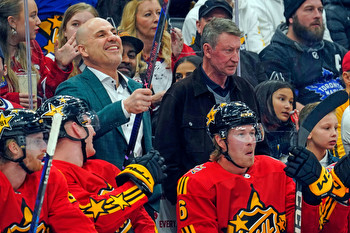
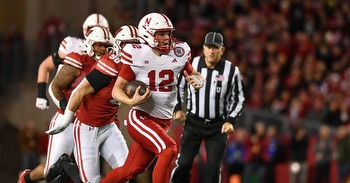





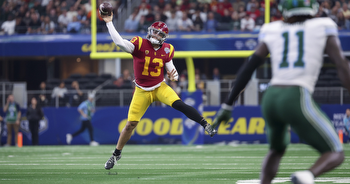
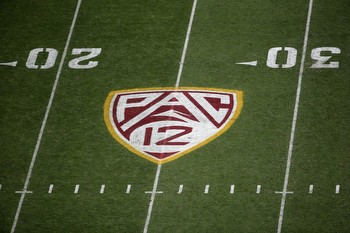

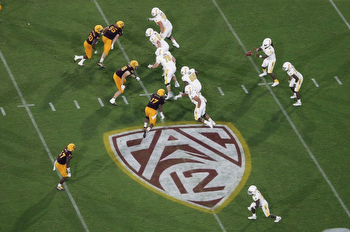
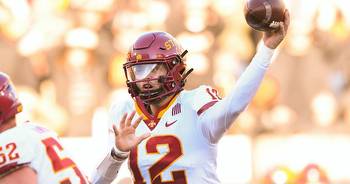
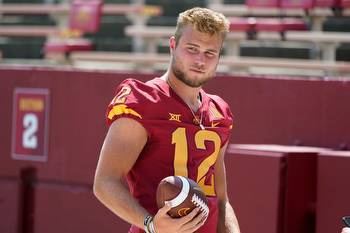
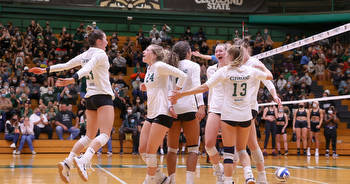
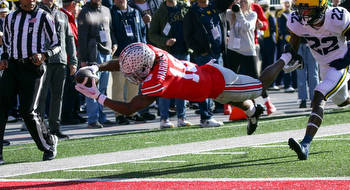
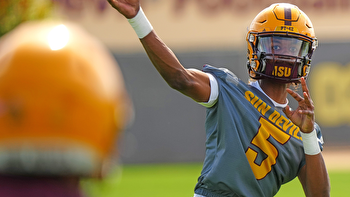
![Penn State needs coordinated NIL effort as James Franklin continues his crusade [opinion]](/img/di/penn-state-needs-coordinated-nil-effort-as-james-franklin-continues-his-crusade-opinion-1.jpg)
